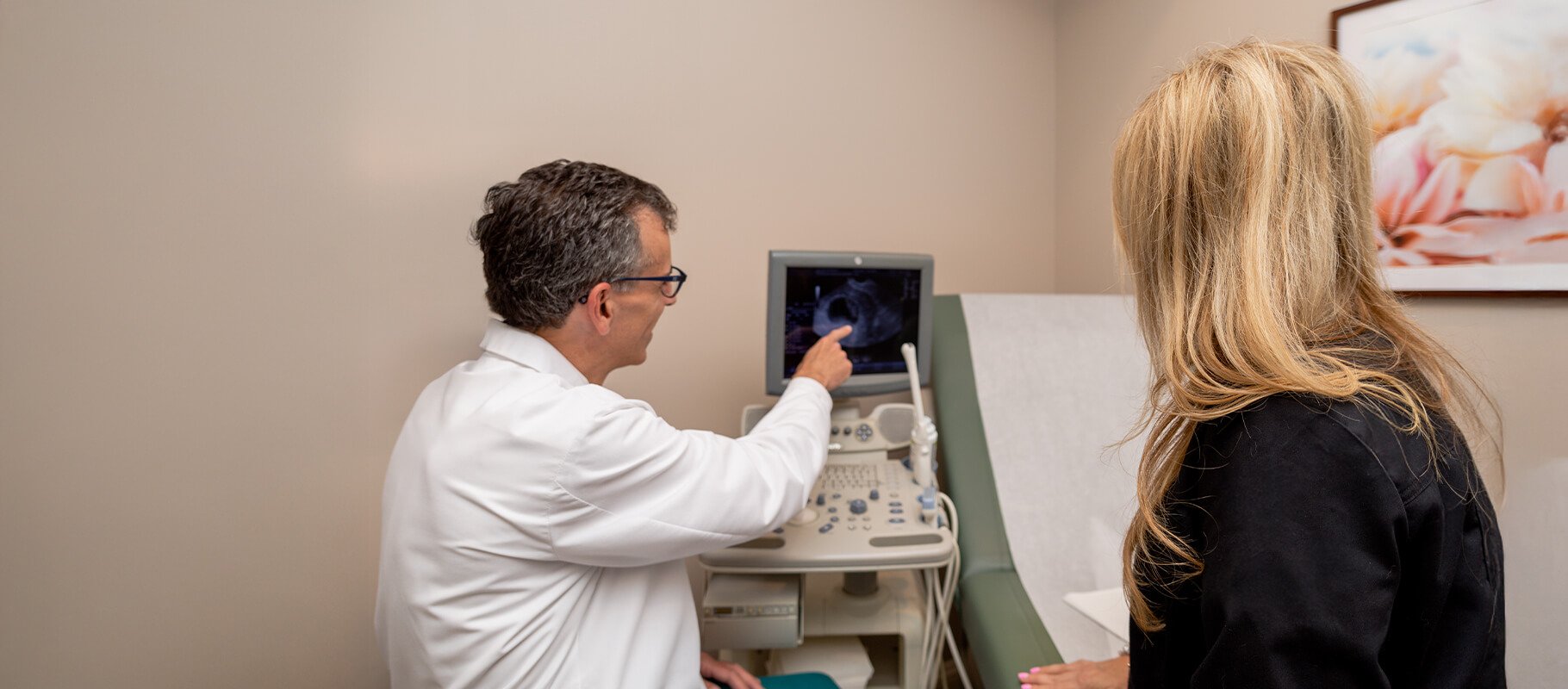Surrogacy in Long Island and Nassau County
Gestational Carrier and Surrogacy Cycles
When a woman is unable to carry a pregnancy on her own a gestational carrier may be used to carry the pregnancy for her. Gestational carriers are also used for same-sex male couples trying to achieve their dream of parenthood.
Gestational carrier or Gestational surrogacy?
The terms gestational carrier and gestational surrogacy (or surrogate) are often used interchangeably but are in fact slightly different. A gestational carrier is when a woman carries a pregnancy for another women using an embryo from an in vitro fertilization (IVF) cycle. A gestational carrier does not share any genetics with the baby she is carrying.
Gestational surrogacy is when a woman carries a pregnancy for another woman but donates her own eggs for use in the IVF cycle and linking the baby genetically to the woman carrying the child.
Am I a good candidate for gestational surrogacy and IVF?
Candidates for using a gestational carrier include patients with:
- A serious medical condition that may affect the ability to carry a child
- Uterine complications such as a uterine abnormality or no uterus
- Recurrent pregnancy loss
- Repeated failed IVF cycles or implantation failure
New York State Laws & Gestational Surrogacy
As of April 2020, NYS has removed the barrier for commercial surrogacy within the state. beginning on Feb. 15, 2021, Long Islanders and all New Yorkers will now legally be able to arrange and carry out paid surrogacy contracts. Speak with our team about surrogacy options and process.










